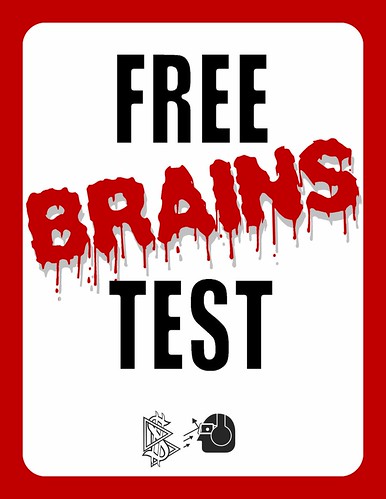Introduction:
When considering Chapter 7 bankruptcy, understanding the means test is essential. The means test helps determine eligibility by comparing your income to the median income in your state. This article provides a comprehensive guide to help you understand how the Chapter 7 means test works and its significance in the bankruptcy process.
- Purpose of the Means Test: The means test was introduced as part of the 2005 Bankruptcy Abuse Prevention and Consumer Protection Act (BAPCPA) to prevent abuse of Chapter 7 bankruptcy by individuals with higher incomes. Its primary purpose is to ensure that those who have the means to repay some of their debts are directed towards Chapter 13 bankruptcy instead.
- Calculating Median Income: To begin the means test, you must determine your household’s current monthly income. This includes income from all sources, such as employment, self-employment, rental properties, and retirement benefits. Next, compare your income to the median income for a household of the same size in your state. The median income figures are regularly updated and can be obtained from the U.S. Trustee Program’s website or your local bankruptcy court.
- If Your Income Is Below the Median: If your income falls below the median income for your state, you automatically pass the means test and are eligible to file for Chapter 7 bankruptcy without further scrutiny. However, it’s important to note that passing the means test doesn’t guarantee approval, as other factors will be considered during the bankruptcy process.
- If Your Income Is Above the Median: If your income exceeds the median income, you’ll need to proceed with the second part of the means test, which analyzes your disposable income. This calculation deducts specific allowable expenses from your current monthly income to determine the amount available for debt repayment.
- Deducting Allowable Expenses: The means test allows deductions for certain standardized expenses based on predetermined guidelines. The remaining income after deducting allowable expenses represents your disposable income.
- Disposable Income and Chapter 7 Eligibility: The amount of disposable income you have plays a significant role in determining your eligibility for Chapter 7 bankruptcy. If your disposable income falls below a certain threshold, you are likely to qualify for Chapter 7. However, if your disposable income exceeds the threshold, you may be required to file for Chapter 13 bankruptcy, which involves a repayment plan based on your income and debts.
- Seeking Professional Guidance: Navigating the means test and its complexities can be challenging. It is highly recommended to consult with a qualified bankruptcy attorney who can provide personalized advice based on your unique financial situation. They will help ensure accurate completion of the means test and guide you through the bankruptcy process.
Conclusion:
The Chapter 7 means test is a crucial component of determining eligibility for bankruptcy relief. Understanding how it works and its implications is vital when considering filing for Chapter 7 bankruptcy. By calculating your income, comparing it to the median income, deducting allowable expenses, and determining your disposable income, you can gain clarity on your eligibility. Remember, consulting with a knowledgeable bankruptcy attorney is crucial for accurate completion of the means test and obtaining the best possible outcome in your bankruptcy case.
Schedule a free telephone appointment to discuss your unique debt situation with attorney Jennifer Weil at my Setmore page.
 In qualifying for a Chapter 7 bankruptcy, means testing is not an issue for people whose pay is below the
In qualifying for a Chapter 7 bankruptcy, means testing is not an issue for people whose pay is below the 